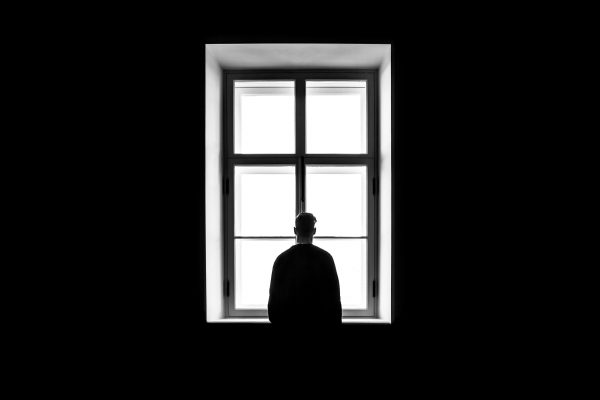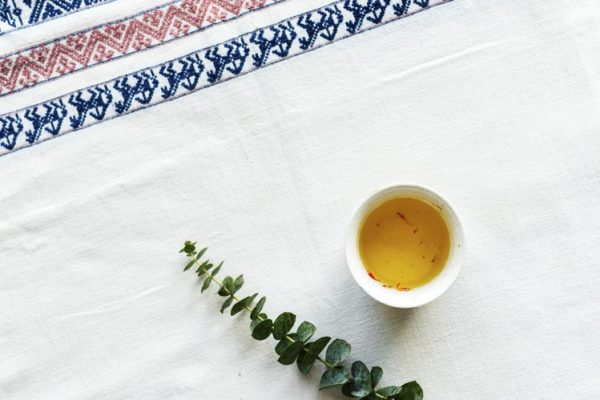My friends and flatmates did initially think I was being a bit overdramatic with the anti-phone measures, but I can safely say it really did help me feel connected with people in ways I never expected. I happily use my phone until the time limit is reached because too much of anything is a bad thing.
My friends and flatmates did initially think I was being a bit overdramatic with the anti-phone measures, but I can safely say it really did help me feel connected with people in ways I never expected. I happily use my phone until the time limit is reached because too much of anything is a bad thing.
At the moment, there is significant research highlighting that social media usage has skyrocketed through the pandemic, and it’s made many detached from engaging with others. I get it. Stuck inside with little to do does indeed lead me to scroll on my phone more than ever before. But it also factually makes many people miserable.
We are aware that poor mental health and excessive screen time are linked. And unfortunately, the pandemic has given us the excuse to ignore social precautions because frankly, we are bored. This is an unprecedented event and learning to draw boundaries in life is tough. It’s hard to know when you should eat a meal, or work when you’re always in the same space. It’s even harder to know when you should stop working because structure is missing an entire year after WFH began.
However, caring for the struggles of our friends and family can be a part of taking care of ourselves, and ensuring we are avoiding “pandemic-burnout”. It might just be one way to add some structure to our lives and remind us to have gratitude. This isn’t to judge those who went on to build brilliant social media careers, but to say there are other ways to cope and ‘self-care’. There’s a religious and social responsibility to others during these times we also need to consider.
As we hit a year into the pandemic, everyone has a unique story of how they survived transitioning into WFH. For many, it resulted in real, and problematic loneliness. At first, it seemed like everyone was on EdX or Coursica, and trying to maximise the extra time at home. However, within weeks of the beginning of the first lockdown, it led me to question why “sorry I can’t respond right now I’m tired” became trending on my Twitter page… Isn’t this the first time you can be truly rested with no commute in the morning?
By the summer of 2020, I saw many friendships dwindle. The typical “I am working on me” and “I” centric self-admiration Instagram posts became normalised … By autumn 2020 It felt like a lot of self-admiration on TikTok and Instagram was replacing unity and NHS clapping in these difficult times. We were forgetting there was an entire section of our community on the front line because, from my perspective, we were just engrossed in our own digital world. Many people I know were completely and utterly self-absorbed and would spend entire Saturday mornings creating posts about… themselves about how bored or exhausted they were from working excessively.
Where was the shukr for our lives, our faith, and our homes? In a time where people are dying from an invisible disease faster than ever before; soon, it felt like narcissism was the coping strategy for most trying to be the next viral TikToker, while we let those medical professionals on the front-line actually do the community care and forget about the elderly brutally suffering through shielding for months on end.
One of the first things that helped me feel better was setting time limits on my apps and replacing them with other healthier activities. I know it sounds so minor, but I realised some level of discipline was needed to get through such an extended period of lockdowns. My friends and flatmates did initially think I was being a bit overdramatic with the anti-phone measures, but I can safely say it really did help me feel connected with people in ways I never expected. I happily use my phone until the time limit is reached because too much of anything is a bad thing.
The opportunity (yes, opportunity) of the pandemic allowed me to reflect on feminism, gender, race, and politics in ways I never had, because I slowed down, read, journaled, and discussed. I used some of the time to reconnect with others in my times of loneliness or boredom instead of sitting on Netflix in the evening. Despite being physically alone in my flat, I learned from people I never used to randomly call. I felt the need to check in with my elderly family on weekend zooms to keep myself social. However, it also made me realise the power of their immigrant journey, and how blessed I was.
I felt grateful in ways I never had. That initial conversation led to them also becoming a part of my weekly routine, instead of a quick-check-in during my hectic commute. By reconnecting in a meaningful manner, we all benefited from the company of some healthy debate. Although not everyone has such networks, engaging in whatever network we have, might be a helpful strategy.
Slowing down for this long indoors can feel fatiguing, but by engaging in conversations with those outside of our standard routine, we can address numerous pressing public issues through engaging conversations. The rise of “responsibilism” or acting responsibly for the sake of others (staying home and protecting others) has scientifically led to individuals focusing on individual responsibility. This is theoretically a good thing. We have to stop the spread of COVID-19.
But the current social media culture we have of or blaming/shaming politicians for collective irresponsibility isn’t healthy. Cancel culture might just be a result of having too much time to blame and shame on media sources instead of focusing on our families, communities, and self-development.
We all have different ways of coping through the pandemic, and we just need to focus on what really works for each of us. However, checking on family and slowing down for those who can, may be a helpful strategy to feel connected with others, and improve mental health, even if you just listen to them during a quick walk. A year into the pandemic, our individual interests of socialising are not dead because restaurants are closed, and healthy relationships aren’t over because of “self-care”.
Instead, by investing in inter-personal relations by calling an elderly loved one, we might be addressing some of the gaps in broader public discourse that are missing and help each of us cope within this crazy time.





